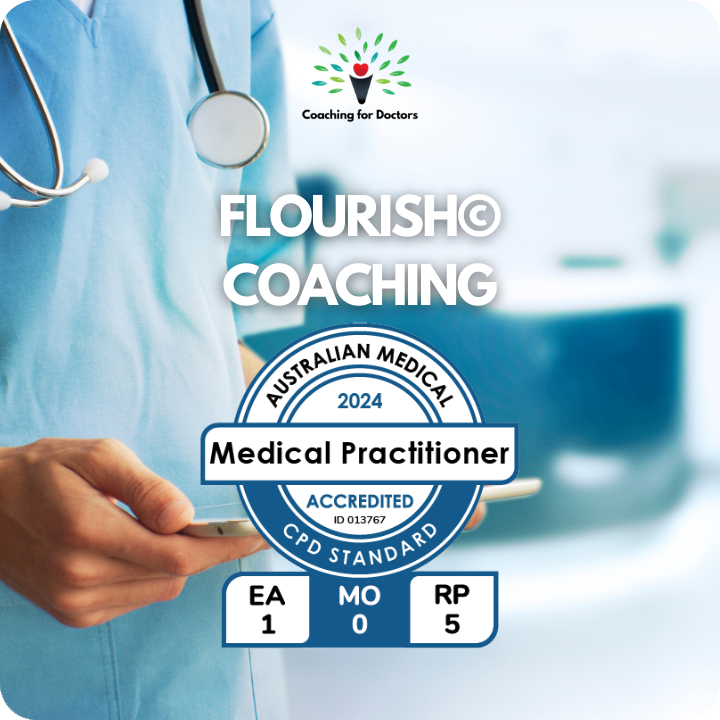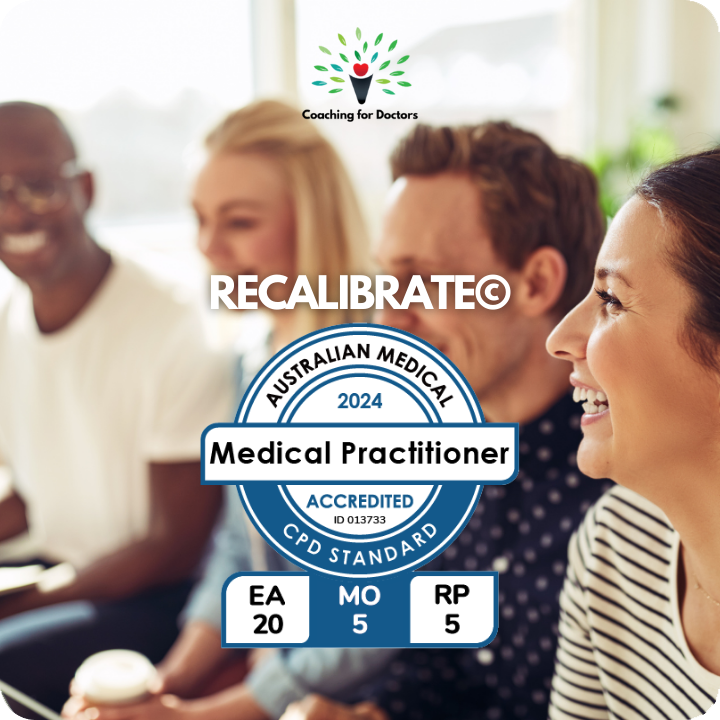Hear Directly from our Clients
Dr. John on "Saying Yes Means Saying No to Yourself"
John worked hard as a urologist for 10 years in a large tertiary hospital. He mentored trainees, participated in various committees, and worked flexibly with his colleagues, negotiating theatre lists and sharing resources. When the director of the unit announced his retirement, John felt pressure from others within his organisa-tion to take on the role. He did not want to apply for the director's job. He valued his time with his teenage children who would leave home soon, and he already worked 60 hours a week.
When the director retired, and no one was appointed to the job, John found he was the default director by virtue of his experience and time working there.
No one discussed the situation with him, people just started bringing him their problems, expecting him to attend various meetings and blaming him for things that went wrong. John felt guilty and resentful. He contemplated resigning. He considered only working in the private sector and taking early retirement, even though he had previously been happy in his job. John was experiencing a values challenge through no real making of his own. What was the correct course of action?

If John agreed to become the director of the urology unit at his hospital even though he did not personally value being in the role, he may become resent-ful, working more hours, doing more administrative activities and less clinical work, and seeing less of his family. In this situation, John would have betrayed his own core value of family and as a result he is more at risk of burnout, stress, conflict, fatigue, and error. This may have negative consequences for John, his patients, his colleagues and his family.
Instead, if John focuses on his family values and articulates them a little more clearly, he might ask himself about his role as a father and what values he would like his children to develop. As he does this, he gives more of his mental energy and attention to his family values, raising his awareness of what's important. John may feel energised by his sense of connection with his chil-dren, and this may fortify his actions at work to draw some clearer boundaries around what he accepts from his colleagues.
Dr. Naomi and Staying Present Under Pressure

Naomi worked as an advanced trainee obstetrician and gynaecologist. She moved hospitals every six months as part of her training program, including to regional areas. For weeks at a time, she was away from her partner and young children, focusing on her goal to fellow. I met her when she had just arrived at a regional city rotation and was studying for her exam, which was three months away. During her last shift at her 'parent' hospital in the city, her supervisor had given her the collective feedback from the consultants she had been working with.
Most of it was great, but someone had said she needed to work on her confi-dence, that she wasn't yet behaving like a consultant. Moving to a new hospital with no familiar colleagues, no knowledge of the region or the hospital processes, and no support network was stressful. In her new rotation, Naomi felt anxious. The feedback had confused her and was playing on her mind. It was vague and behavioural examples had not been provided. She began the rotation on nights by herself. Within a couple of hours of one shift, there were three women giving birth, two with complications, and one of those with twins.
She had not met any of the consultants working at the new hospital, but on this night she definitely needed to call someone. Yet now she was overthinking what it would look like if she was seen to be asking for help so early. When we met a few days later, Naomi was wracked with doubt and anxiety, and was extremely tired. She said, "If I don't pass this exam, I don't know what I'm going to do." She was totally unsupported at her regional hospital.
Her role as trainee was swamping the rest of her life, her self. She needed to learn to separate what was a stressor in her environment from the internal stress response she was feeling. Only then could she begin improving her own.
11 Coaching Doctors
Coaching is one of the best ways to raise a person’s capacity, including doctors
CPD Accredited
Recalibrate© and Flourish© Coaching
are accredited by AMcpdS
Peer Support in Community
Uplifting doctors for 8 years,
through peer development.
Professional coaching is personalised professional development.
The most impactful coaching happens in a high trust, high candor relationship.
Book Your FREE Discovery Call Today!Our signature Recalibrate Doctor Care Program.
To join this amazing community of doctors requires a commitment to putting your own oxygen mask on first. If you are ready to get serious about that for yourself, your family and your patients, we can’t wait to meet you.
Join the Waitlist for August 2026!Get the latest insights
Subscribe and be the first to know about any new cases, events and
our latest content by email.
You can unsubscribe at any time.
We acknowledge Australia's First Peoples
Coaching for Doctors is based on Gunaikurnai country. We pay our respects and honour the First Nation people of all the lands we meet, work and play on. We pay our respects to their ancestors, Elders past and present and to their emerging leaders. We acknowledge that this land has never been ceded.



